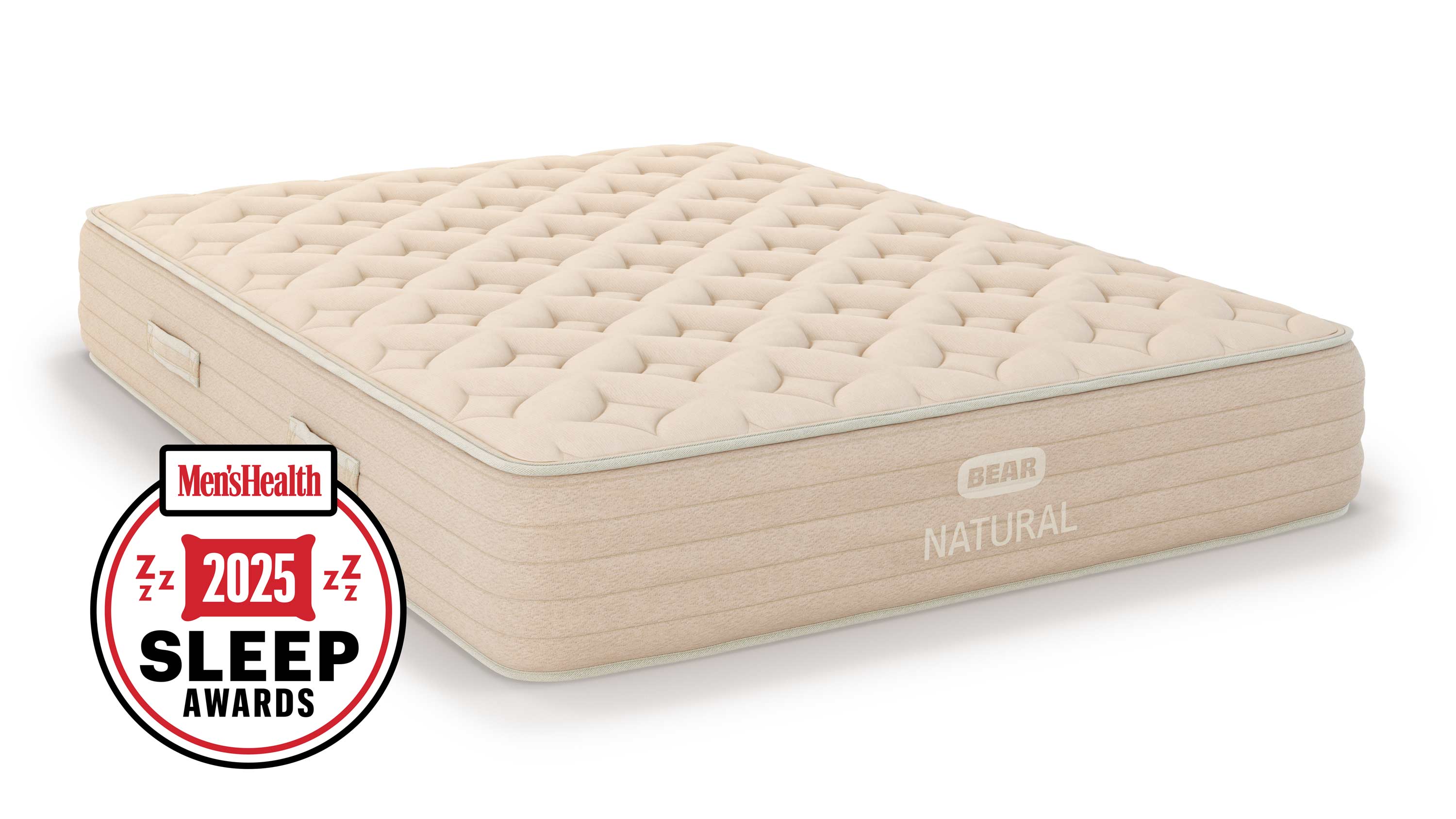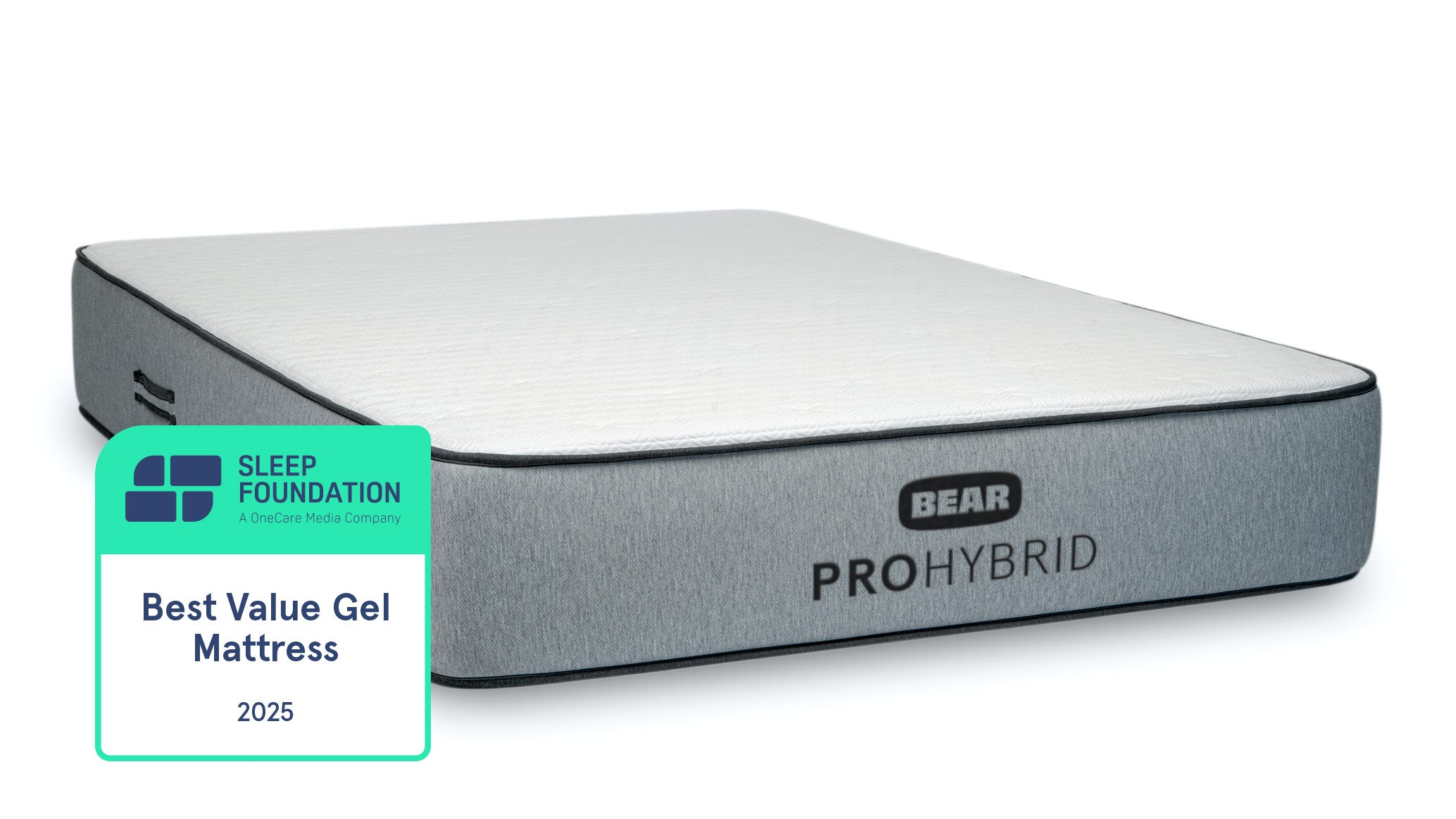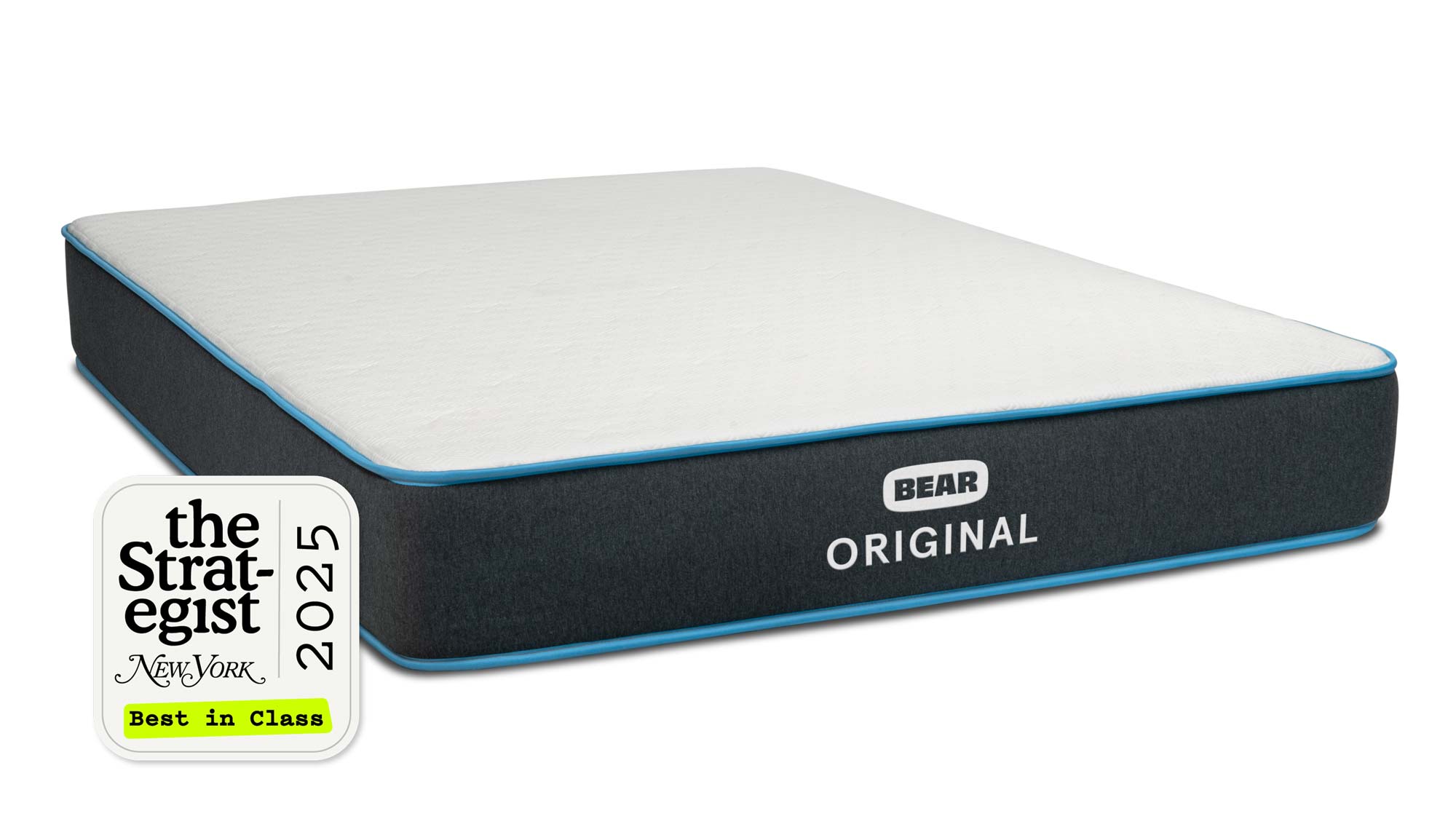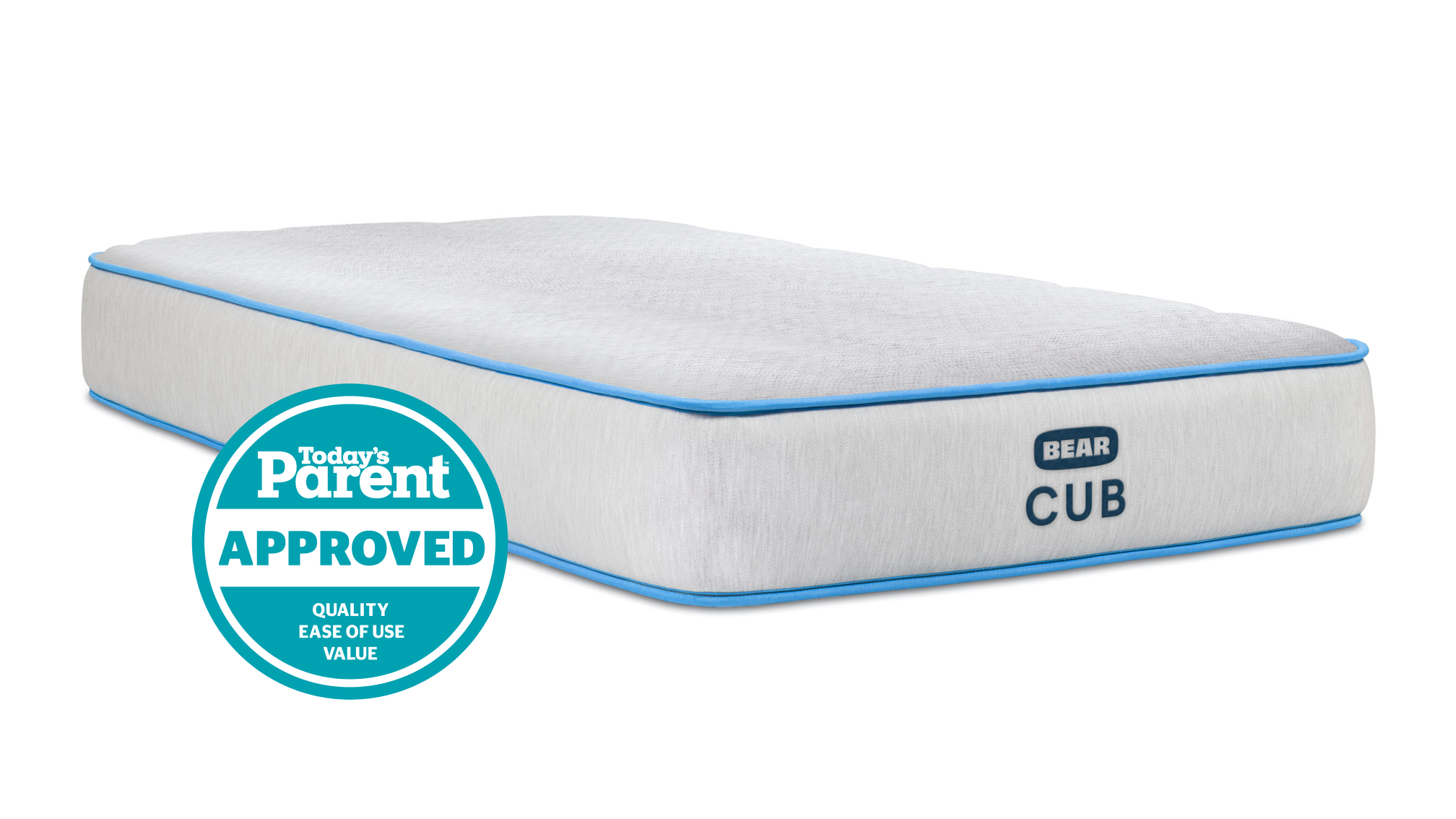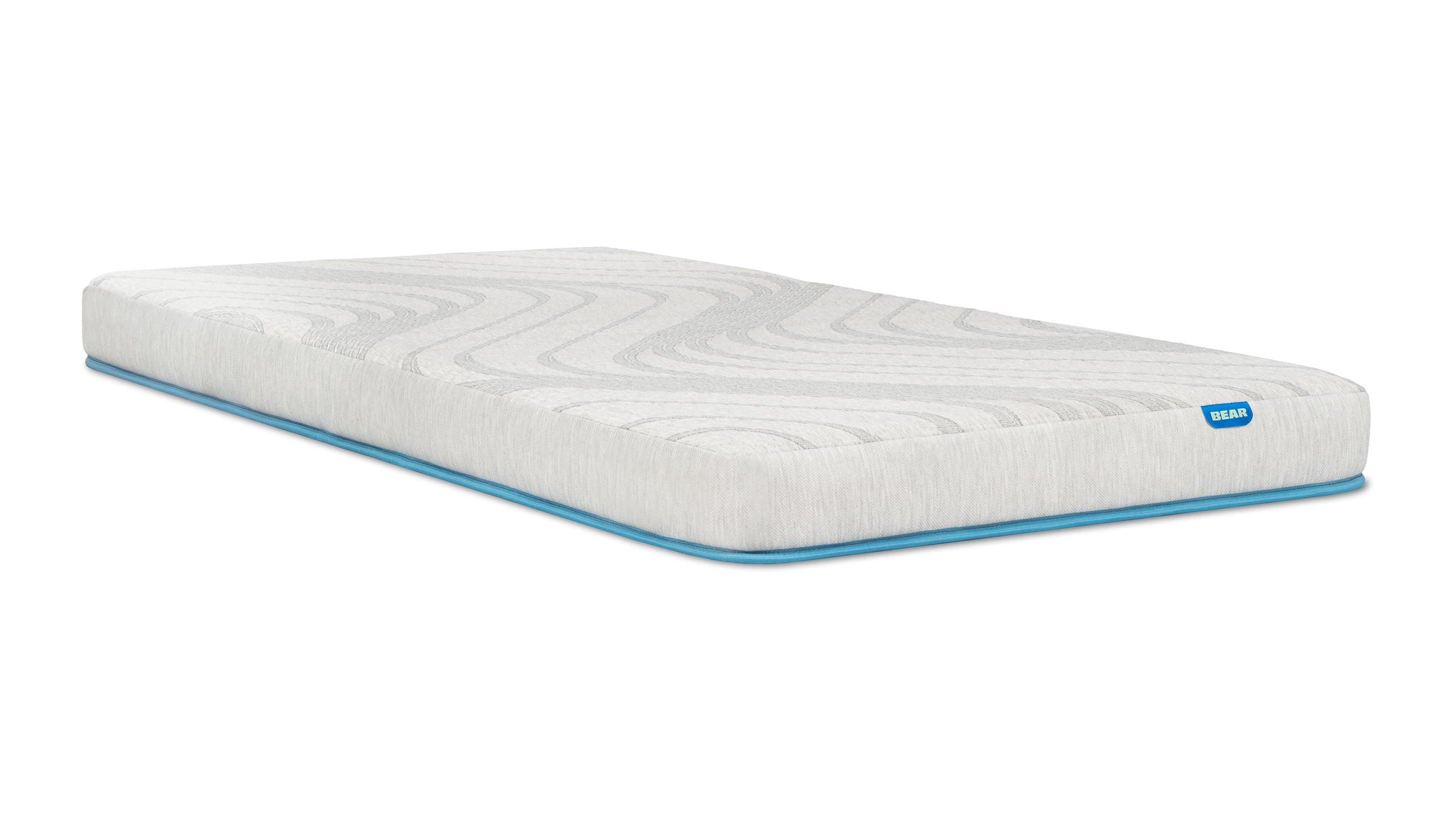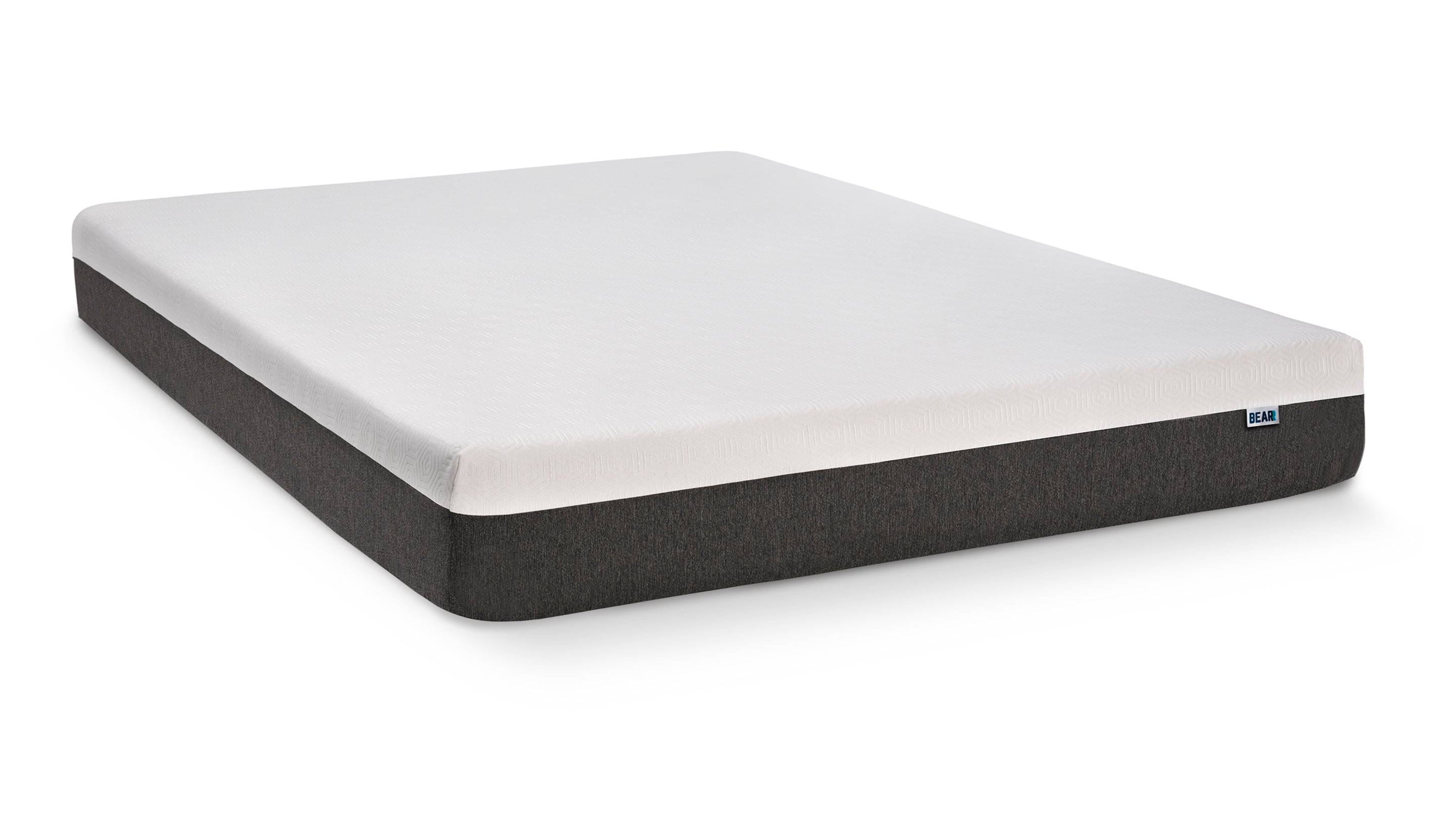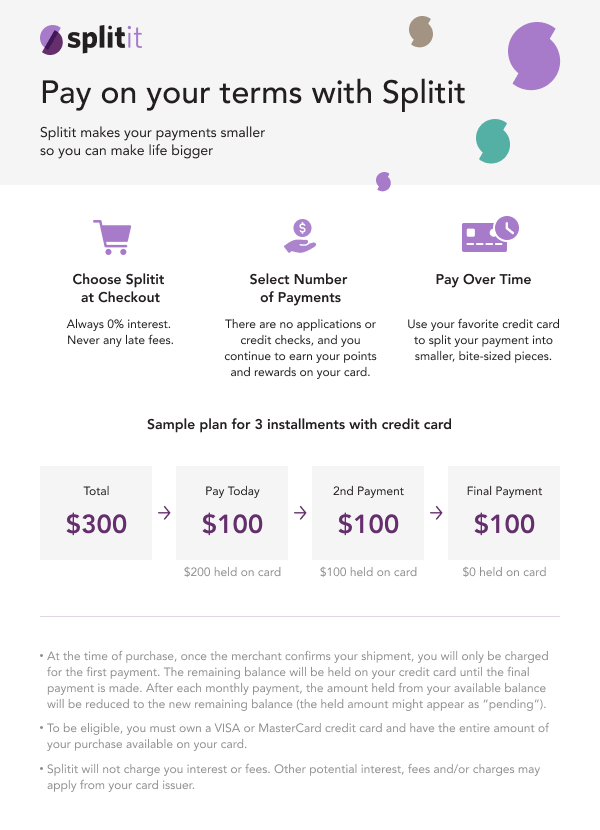
Sleep is crucial for optimal health and well-being. Listing off the detriments of sleep deficiency – e.g., heart disease, high blood pressure, stroke – is enough to make you, well, lose sleep!
But with proper setup (and some life hacks), you can ensure restful sleep. Cognitive behavioral therapy for insomnia, CBT-i, is an evidence-based remedy for curing sleep disorders that can help alleviate sleep challenges in as few as a few sessions.
Ready to get some rest? Read on for an introduction to CBT-i and tips to implement in your own bedroom, courtesy of Zencare.
CBT-i therapy: An Introduction
Cognitive behavioral therapy for insomnia is a type of talk therapy specially designed for psychologically-driven sleep disorders.
The treatment has three major steps:
- Screening for medical issues (typically in collaboration with a medical doctor) and assessing sleep quality.
- Identifying your particular issues, and learning effective methods to treat them.
- Employing the proper techniques to correct sleep problems.
CBT-i is also highly effective: studies have shown that CBT-i can improve sleep and daytime functioning by 70- 80%.
While not an easy, or even immediate cure, CBT-i is relatively short-term. Programs typically last four to eight sessions yielding long-term benefits and results.
Lessons from CBT-i for Sleeping Better
Since insomnia has different causes and symptoms for everyone, working with a therapist who is trained in CBT-i is the best way to figure out what fixes would be most helpful for you.
However, if you are not able to work with a therapist (or are waiting to start!), try some of the following tips and see if they improve your sleep:
- Setting a strict sleep schedule: Consistency is key here. Stick to a set sleep schedule, e.g., bedtime by 11pm and waking up at 7am, so that your body knows to expect sleep at certain hours. If possible, try not to sleep past an hour or two (even on the weekends) so that you can stay on track!
- Establishing a relaxing bedtime routine: Creating a routine around bedtime can help remind your body that it’s time to begin relaxing and turning off for the day. This can include a hot bath, a cup of tea, reading a book, watering your plants, or light stretches.
- Limiting daytime naps to 30 minutes: Keep your power naps short and sweet to improve alertness and focus during the day.
- Avoid disruptive stimulants: After a certain hour, avoid stimulants like caffeine and excessive alcohol which disrupt sleep quality. Many people find cutting off caffeine at least six hours before bedtime is ideal. [3]
- Make sure your sleep environment is peaceful: your bedroom should be quiet and free of distractions. Avoid bringing electronics into bed, keep the bedroom dark and at your ideal sleep temperature, and don’t leave your clock within view; being a “clock watcher” can cause anxiety about getting enough sleep!
- Sleep on the right mattress: There are a lot of considerations when determining if you need a new mattress like the age of your current mattress, type of mattress, firmness preferences, overall budget, your sleep positions and body weight. You spend more than a third of your life on a mattress - make sure you do your research and pick the right sleep surface for you.
How to Find a CBT-i Therapist
Start your search online to look for a vetted therapist who’s licensed in your state, specializes in the treatment of sleep disorders and has experience with CBT-i.
Also consider cost, location, and scheduling! Therapy will only work if it works for you. Before making an appointment, make sure the cost of sessions is affordable for your budget, you can commit to attending sessions regularly, and that the schedule you agree upon with your therapist definitely works for you.
--
Keep in mind that the above tips are just starting points! Insomnia looks different for everyone – for some, it may be rooted in psychological issues ranging from trauma to anxiety, while for others, it might be physiological, like back pain; it could even be a side effect from medication. Working with a specialist trained in CBT-i can help you determine what exactly you need to restore restful sleep, and get back on track to dreamland.
This is a guest post from Zencare, a website that helps people find their ideal talk therapist. Visit Zencare.co to browse their vetted network of top therapists, and filter by criteria like insurance, sliding scale, location, and specialties. You can also directly book a free assessment call from the Zencare site!

